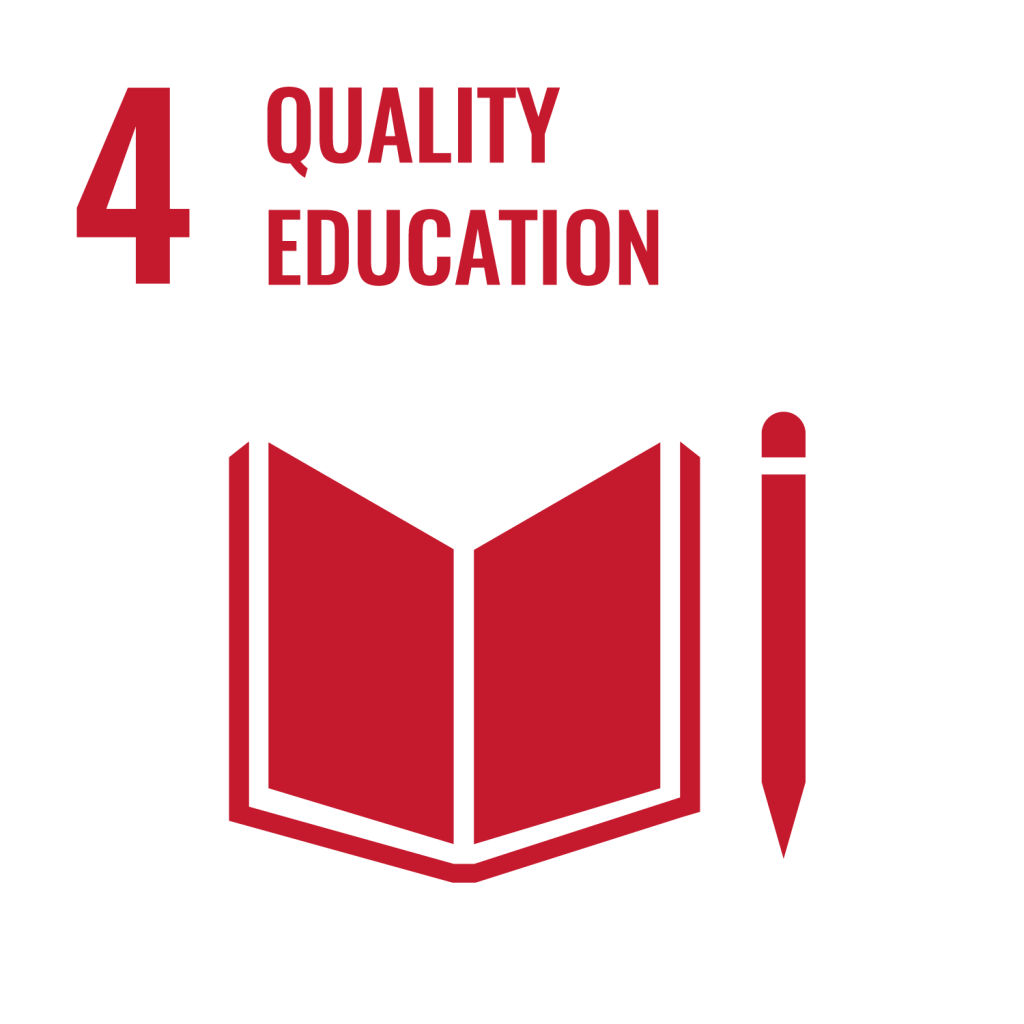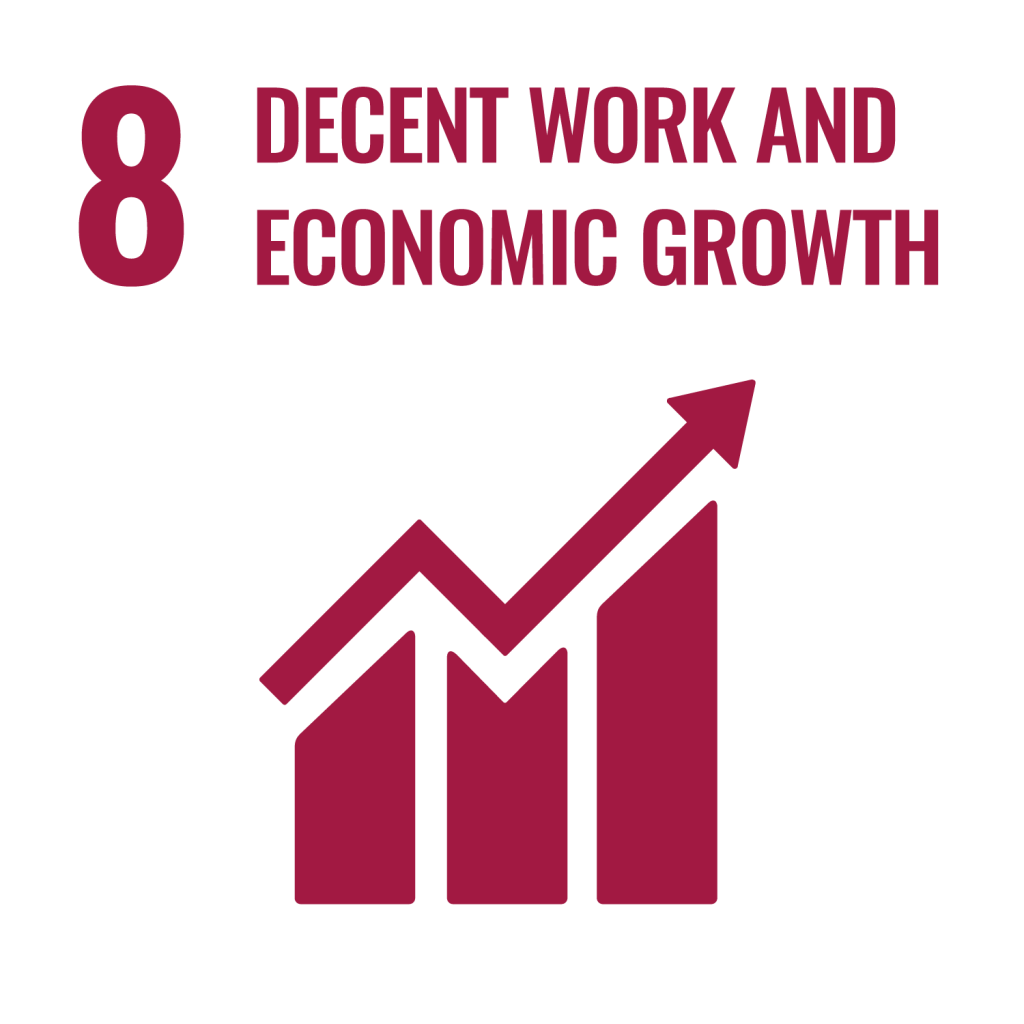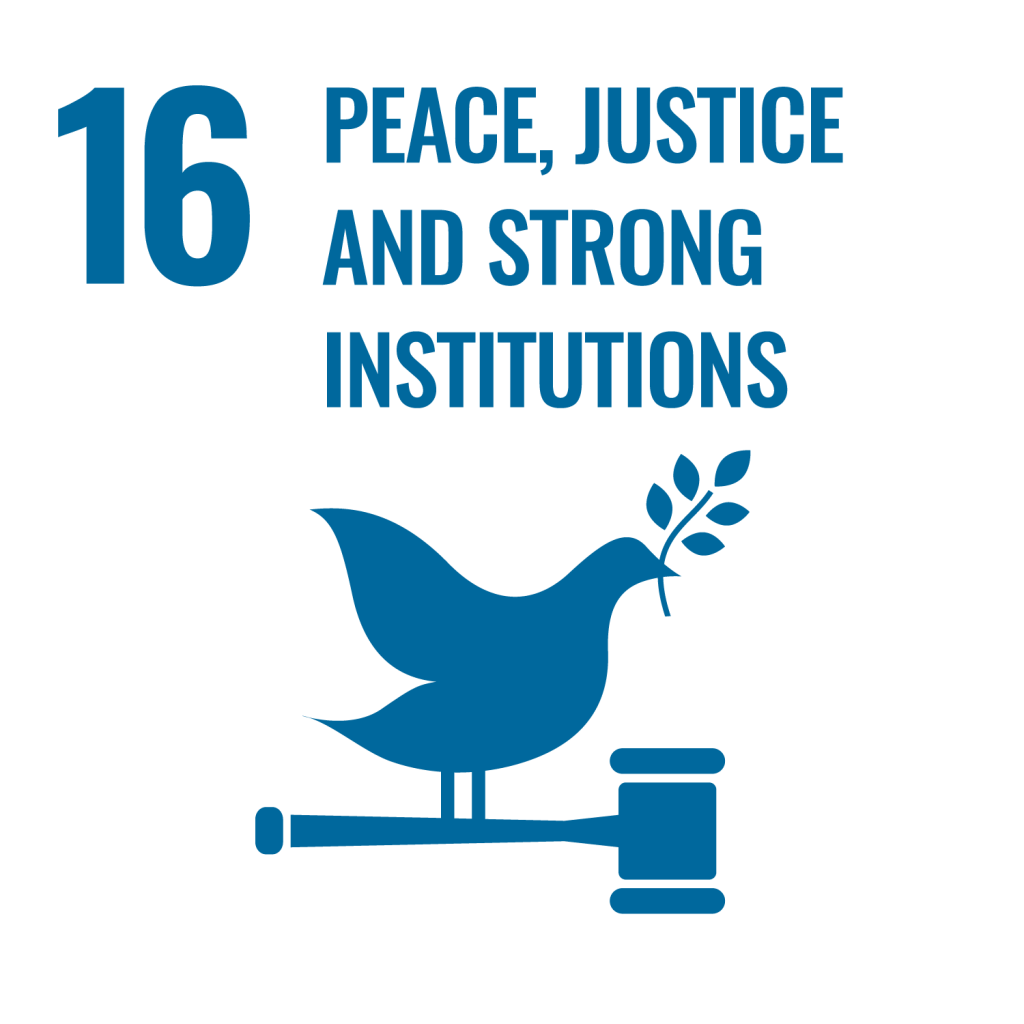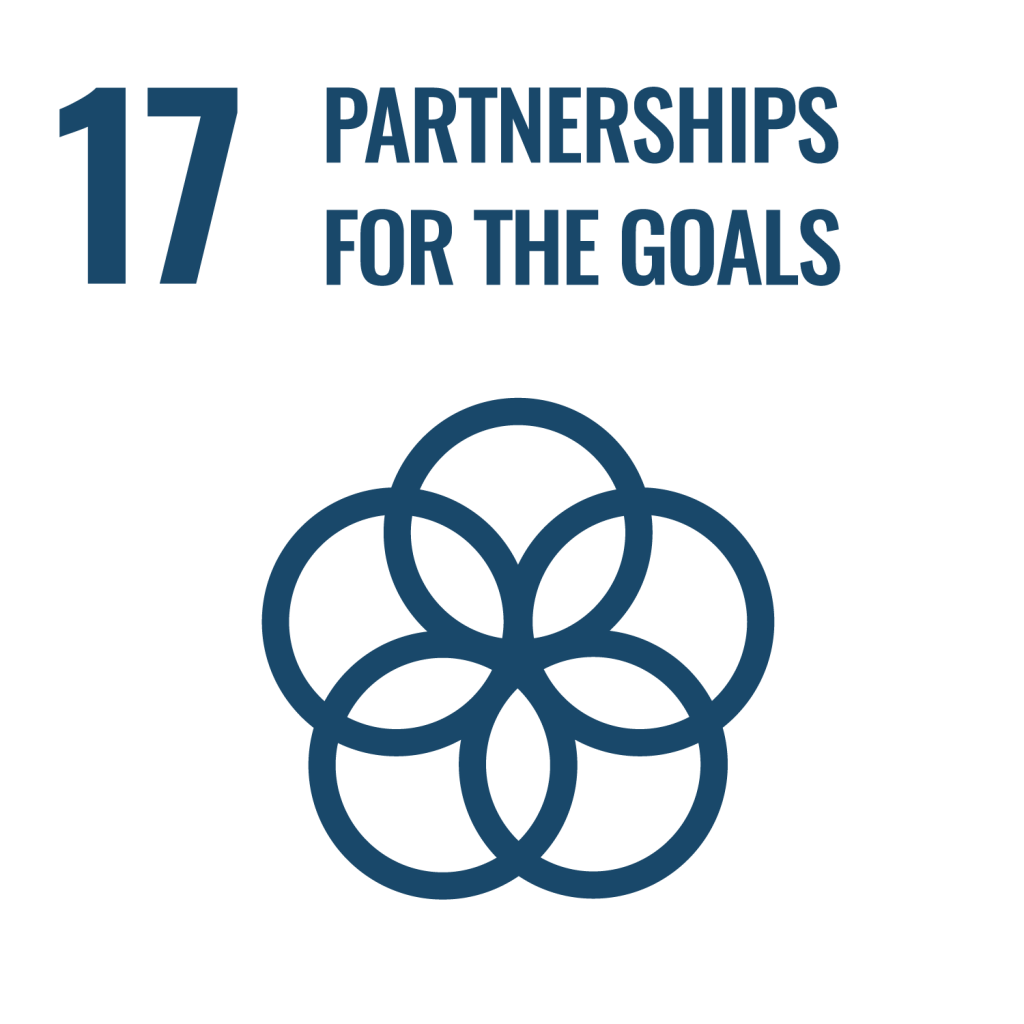Globally, around 10 million people experience incarceration; most of whom constantly battle with stigma and discrimination. For instance, individuals face significant barriers to employment due to the stigma associated with their past convictions.
The words used to refer to people greatly impact how they make sense of their history, present reality, and future possibilities. Using derogatory terms and language for incarcerated persons promotes the stigma they already struggle with.
Words and labels are not only powerful, they perpetuate stigma, fuel biases, and encourage stereotyping. Such labels imposed on justice-impacted persons include terminologies like “criminal,” “prisoner,” “felon,” “offender,” “drug addict,” “ex-offender,” “ex-felon” or “ex-convict.”
These labels have real and long-lasting psychological and emotional impacts, creating additional obstacles to effective reintegration after incarceration.
Unfortunately, such terms are still used in laws, policies, research, and discourses that affect justice-impacted persons.
Effects of Dehumanizing Language in Correctional Systems
The words used to describe individuals within the context of the criminal justice system are not just names; they are tools that shape how we conceptualize their potential for rehabilitation and reintegration into society.
Although the media provide information on the criminal justice system, the pejorative terms used in referring to incarcerated persons often strip away the humanity of those with lived experiences.
These negative connotations result in real-life consequences manifesting as limited access to services, low self-esteem, societal exclusion and stigma long after most individuals have paid their dues to the law.
Humanizing Language in Policy
Many domestic and international policies purported to promote the human rights of justice-impacted persons are yet to be amended to include humanizing languages about the focused community.
Policies like the United Nations Standard Minimum Rules for the Treatment of Prisoners (The Nelson Mandela Rules) although important for driving reforms and change in the treatment of incarcerated persons still maintain stigmatizing languages like “prisoners” and “prisons”.
Similarly, while the Washington State Department of Corrections discontinued the use of the term “offenders” in 2016, unrevised policies up to 2016 still retain this term.
Commendably, the Nigerian Correctional Service was so changed from the Nigerian Prisons Services in 2019 with the enactment of the Nigerian Correctional Service Act 2019 under the leadership of Muhammud Buhari. This was in a bid to reform the correctional system in Nigeria.
Nonetheless, the reform has yet to adequately humanize the language used in communicating about incarcerated persons in Nigeria; more so at policy level.
Initiatives across various sectors, including corrections and healthcare, advocate for person-first language as a means to combat stigma.
The person-first or people-first language (PFL) method of communication should thus be adopted in correctional interventions to promote the use of humanizing and respectful language when discussing individuals who have experienced incarceration, are in incarceration or have been impacted by the justice system.
This concept includes putting the individual first before their peculiar situation, diagnosis, disability or disorder.
Terminologies like “individuals undergoing reform in incarceration,” “people in conflict with the law,” “incarcerated persons,” “formerly incarcerated persons,” “persons experiencing incarceration” and “justice-impacted individuals” are more humanizing descriptive terminologies for policies and everyday conversations.
Languages like these should be encouraged, describing those affected first as individuals with the capacity for growth and deserving of dignity.
It will also promote the mainstreaming of such languages which will fade out the use of stigmatising languages.
Conclusively, using respectful language is considerate and will ensure destigmatisation and promote mental and emotional wellness.
Humanising terms show empathy and understanding that helps to eliminate hostility and promote reintegration in the society.
A change in how we refer to people with criminal records could potentially promote acceptance and open up opportunities for rebuilding lives. After all, words count.
In communications with individuals in the criminal justice system, the move away from labels that dehumanize and stigmatize is not only essential to reducing suffering but also imperative for recovery, reintegration, and social cohesion.







